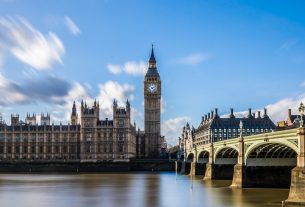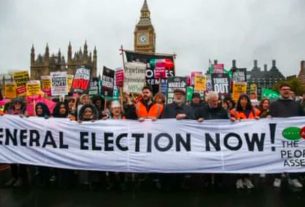The government has announced that it plans to dismantle the stricter strike action thresholds implemented by the Conservatives in 2017.
According to reports by the Telegraph, Labour is committed to enacting this repeal within its first 100 days in office as part of its broader reform of trade union legislation. Ministers have assured that the legislation will be introduced in Parliament before mid-October.
The Trade Union Act, enacted by the previous Conservative administration, set a higher bar for unions to legally strike, requiring at least 50% turnout in ballots. For key sectors like education, healthcare, and transportation, an additional 40% of the total membership must back the action for it to be lawful.
Prominent Conservatives have criticised Prime Minister Sir Keir Starmer for recent pay deals with train drivers and junior doctors, accusing him of catering to union demands. Shadow Home Secretary James Cleverly recently claimed that the government is being “manipulated by its union benefactors,” while Labour insists it is simply fulfilling its campaign promises.
The Conservatives defended the stricter thresholds, arguing they provided a “clear and positive democratic mandate” for strikes. In contrast, Labour contends these rules infringe on the right to strike.
A Labour insider remarked that the government is “moving beyond the Conservatives’ damaging approach to industrial relations,” promising a “new era of collaboration” between unions, employers, and the government. This shift aims to align the UK with “high-growth economies that thrive on greater cooperation and less conflict.”
Additionally, the new Labour legislation will repeal rules introduced by the Conservatives last year, which restricted strike actions by teachers, firefighters, and train workers. Ministers have already advised employers to disregard these rules while the proposed law progresses through Parliament.
The contested rules would have required train companies to maintain around 40% of services during strikes and fire services to operate 73% of fire engines. However, these regulations, which unions have labelled impractical, have yet to be enforced during any disputes.




